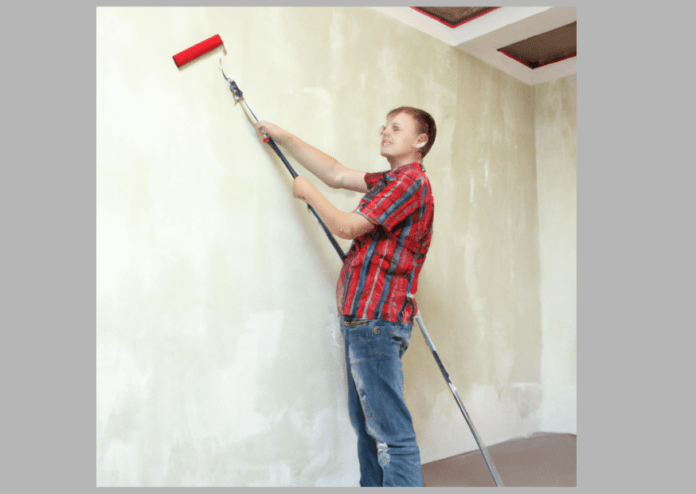MYRTLE BEACH, S.C. (April 23, 2024) – Better Business Bureau Serving Eastern Carolinas (BBB) wants you to use caution when hiring a home improvement contractor. Be wary of high-pressure sales tactics, upfront fees, and fly-by-night businesses and other home improvement scams. Con artists will take homeowners’ money and deliver (or not deliver) less than quality work.
“The biggest tip for homeowners is to do your research,” says BBB Serving Eastern Carolinas President and CEO Mallory Wojciechowski. “Be on the lookout for red flags such as high-pressure sales tactics and check contractor and business reviews at BBB.org to see what other customers have experienced.”
How the scam works:
Home improvement scams can start with a knock on the door, a flier, or an ad. The contractor may offer a low price or a short timeframe. One common hook is when the scammer claims to be working in your neighborhood on another project and has leftover supplies.
Once started, a rogue contractor may “find” issues that significantly raise the price. If you object, they threaten to walk away and leave a half-finished project. Or they may accept your upfront deposit and never return to do the job. Following a natural disaster, scammers persuade homeowners to sign over their insurance payments.
One consumer shared the following experience with BBB Scam Tracker: “He requested for cash to purchase the materials. He came to pick up the cash and said he would schedule the day & time to do the job. After numerous exchanges of text messages promising to find me a schedule he couldn’t come up with one. If he did, he wouldn’t show up at such time. I then asked for a refund which he agreed to do but never showed up again.“
Tips to spot this scam:
- Watch out for “red flags.” Say no to cash-only deals, high-pressure sales tactics, high upfront payments, handshake deals without a contract, and on-site inspections. Not all “fly-by-night contractors” are con artists, but enough are that you should be cautious any time a home contractor contacts you first…especially after a natural disaster.
- Ask for references and check them out. Bad contractors will be reluctant to share this information, and scammers won’t wait for you to do your homework. If you can, get references from past customers, both older references to check on the quality of the work and newer references to ensure current employees are up to the task. Check them out at BBB.org to see what other customers have experienced. And always get a written contract with the price, materials, and timeline. The more detail, the better.
- Know the law. Work with local businesses that have proper identification, licensing, and insurance. Confirm that your vendor will get related permits, and make sure you know who is responsible for what according to your local laws and that your vendor is ready to comply.
Don’t sign any agreement before doing these things:
- Make sure you read and understand everything before signing.
- Confirm the contract includes contact information, start and completion dates.
- Identify a detailed description of the exact work to be done, any material costs, payment schedule, and warranty information.
- Specify who will obtain necessary building permits and who is responsible for clean-up.
- Make sure all verbal promises are included in the contract.
- Ask how much work will be subcontracted and ask for information on the subcontractors.
- Ask questions if you do not understand any part of the contract.
- Never sign an incomplete or partially blank contract.
- Hang on to your contract for future reference.
Additional tips to keep in mind:
- Try to pay with a credit card, and keep receipts. When you pay with cash, there’s no paper trail. Instead, use checks or credit cards to track your project expenses for tax purposes, contract or spending disputes, and even fraud investigations.
- Responsiveness matters. Pay careful attention to the communication habits of your candidates during the interview process, and be upfront about your communication needs as you explore what it will be like working with them. When a contractor is genuine, open and communicative with you, they prioritize your trust, paving the way for a smoother project experience.
- Have an emergency budget. Your project scope is always susceptible to things that are just out of your control. Get peace of mind by creating an emergency fund for these unforeseen circumstances.
Find trusted, vetted home improvement contractors near you and check out BBB’s home HQ.


